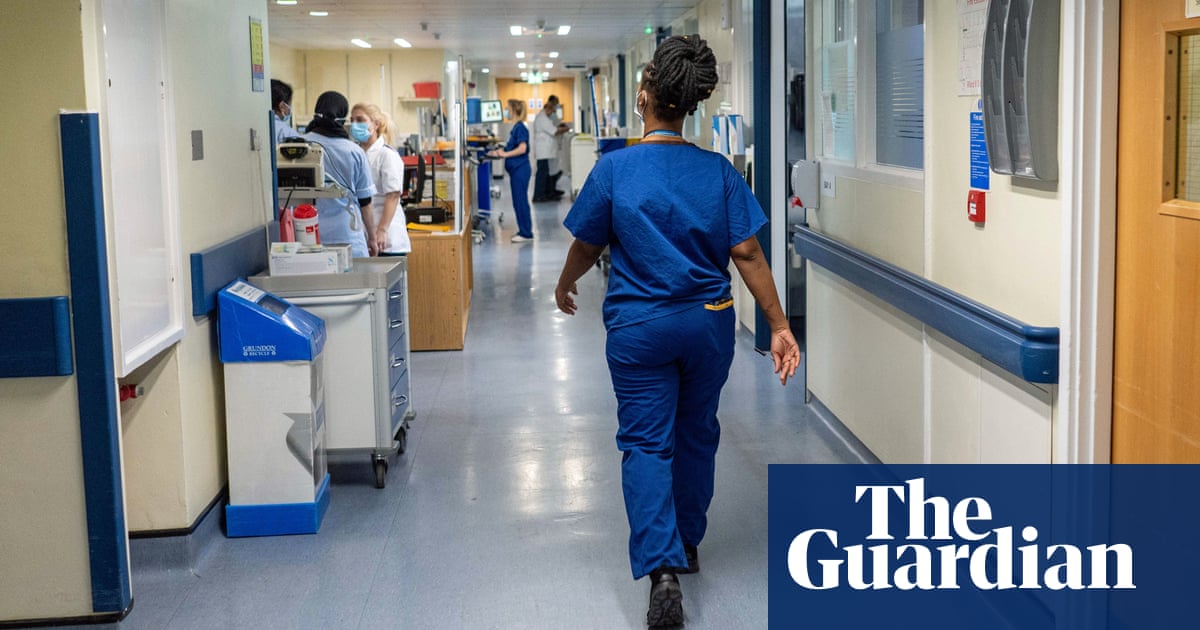
The first ministers of Scotland and Wales have launched scathing attacks on the UK government’s “shambolic” handling of lifting quarantines on foreign travel.
In parallel press conferences in Edinburgh and Cardiff, Nicola Sturgeon, the Scottish first minister, and Mark Drakeford, her Welsh counterpart, said they had struggled to get coherent information from UK ministers about which countries would be exempt and why.
They said the UK government seemed to regard consultation with the devolved administrations in Edinburgh, Cardiff and Belfast as an afterthought, even though all three had clear legal duties to make sure their decisions were lawful and proportionate.
“Dealing with the UK government over the last few days has been an utterly shambolic experience,” Drakeford said. “Day after day we have attempted to get a sensible answer from the UK government of how they intend to make these changes, which countries they intend to extend the new arrangements to and I just have to say it’s been an impossible experience to follow.”
Grant Shapps, the UK transport secretary, announced on Friday that travellers from France, Italy, Germany and Spain would be exempt from the requirement to self-quarantine for 14 days, and that restrictions on dozens of other countries and territories would also be lifted from 10 July.
Those changes only affect airports and ports in England, but major airports in Scotland, Wales and Northern Ireland have extensive air links to overseas destinations which are due to slowly resume services.
Shapps and Boris Johnson have insisted all three governments have been closely consulted. Shapps said the list of exemptions was devised with advice from the joint biosecurity centre, which includes the chief medical officers of all four UK administrations.
Sturgeon said her government could be sued or face judicial review if its decisions were unlawful or threatened public health. She said it was essential that every pathway that allowed the virus to spread was rigorously controlled if Covid-19 was to be eliminated.
“Often the UK government’s attitude to four nations discussions appears to be that they make the decision and the other three nations just come along to rubber stamp the decisions [instead of] a proper discussion based on shared evidence and information, and an agreement [and] we come to a decision collectively,” she said.
Drakeford said he decided to speak out after suggestions from Whitehall that the devolved administrations were at fault for the delay in producing the list of countries that would be exempt from restrictions. “Nothing could be further from the truth,” he said.
The Welsh senedd, or parliament, is likely to adopt the UK government list next week and before 10 July since there was no evidence it posed a risk to public health, Drakeford said. But that assessment still needed to be properly authorised.
Sturgeon said the Scottish government would accept lifting quarantine for low-risk countries but was nervous of doing so for those that were medium risk, since Scotland had succeeded in heavily suppressing the virus. Those decisions would be confirmed next week.
Scottish airports have been heavily critical of both governments. The owners of Glasgow and Aberdeen said a four-nations approach was essential while Gordon Dewar, the chief executive of Edinburgh airport, said Sturgeon had ignored his warnings that failing to allow quarantine-free travel would cause long-term damage.
“Scottish jobs are being sacrificed on a system that is unintelligible, unenforceable and that does not deliver the health benefits we all want,” he said. “With this decision we are in the very real situation that Scotland will get the worst of all worlds – a damaged economy and a policy which is very likely to be unworkable in practice and therefore has no practical health impact.”












